BLOG-E
EcoCiv Blog - Test
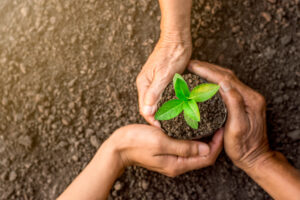
Earth Day is Different This Year
Earth Day is different this year. For 50 years Earth Day has brought hope. In previous years, now would be the time that one billion people in more than 190 countries around the world walk outside―in nature, in parks, and in capital cities―to call decision-makers to protect and heal our planet. This April we have to

What are bioregions? An intro to a natural way of defining our world
Over the past year the Institute for Ecological Civilization began examining urban-rural wellbeing. This project allows us to envision cities and rural communities as part of emerging ecological civilizations, and we do so largely through the framework of bioregions – geographic areas defined by natural boundaries rather than political or governmental boundaries. For instance, the central
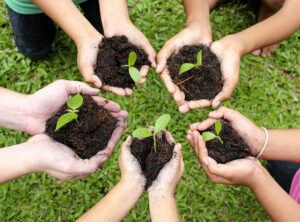
Creating Community for Ecological Civilization
by Ebony Bailey and Ellie Leaning As we approach the 50th anniversary of Earth Day on April 22, we have a unique opportunity to reflect on our lives and our relationship with the planet. The COVID-19 global pandemic has exposed systemic failures in the health, economic, political, and environmental sectors—failures that we, at EcoCiv, have focused

COVID-19: Crisis, Hope, and Ecological Civilization
A Message from Philip ClaytonPresident of EcoCiv The attention of leaders in medicine and government is focused on immediate crisis response, as it should be. I praise those who are risking their lives on the front lines. But for the millions of us who are “sheltering in place,” COVID-19 also brings the opportunity to reflect on

Water and Cities: A Systems Approach
By Ellie Leaning, EcoCiv Strategic Partnerships Coordinator OverviewIn 2020, an estimated 4.2 billion people live in cities across the globe. The United Nations expects this figure to grow to 6.7 billion by 2050. The 2018 UN Water Development Report states that water scarcity is one of the most significant global risks. They estimate that by 2025,
Episode #27 – David Cobb: Solidarity Economies
On this episode, Austin Roberts speaks with political activist, David Cobb. David has been involved in progressive and radical politics in the U.S. for many years. He was the Green Party presidential candidate for the 2004 election, and in 2016, he served as the campaign manager for fellow Green Jill Stein during her presidential run. More
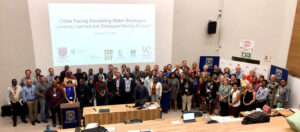
Highlights from the W12 Framework Conference in Cape Town
Will cities around the world have enough water by 2050? What steps should be put in place for cities to ensure a secure and equitable water future? EcoCiv is working to convene leaders and experts from around the world to propose a framework aimed at long-term water solutions across the globe. Last week, we partnered with
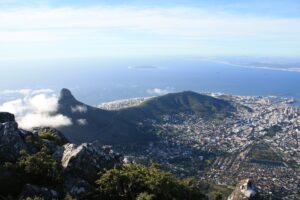
EcoCiv Co-Hosts Water Framework Conference in Cape Town
You are invited to a press conference announcing the Water Management Framework and to hear the proposed detail and scale of intervention required by international cities and governments if they are to avoid water shortages over the next 30 years. Where One & Only Hotel, V&A WaterfrontWhen 10.00 until 12.00 Wednesday 29th January 2020RSVP Tammy Tinline
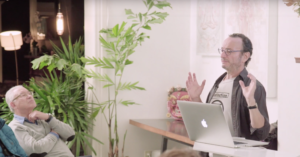
VIDEO: Transforming from a Wealth-Based Civilization to a Life-Based One
Author Jeremy Lent gave this presentation in San Francisco on the core principals of ecological civilization. In this video, he talks about the different human transitions throughout history that have affected humanity’s relationship with nature. Then he proposes a look of what kind of transformation we need to fundamentally transform our civilization from one that is
Episode #26 – Mark Anielski: Toward An Economy of Well-Being
Philip Clayton speaks with ecological economist Mark Anielski. Mark is the author of the award-winning book, The Economics of Happiness (2007), and most recently, An Economy of Well-Being (2018), which presents a new economic model for measuring progress and performance called Genuine Wealth. Philip and Mark begin their discussion by diving into the major themes of
